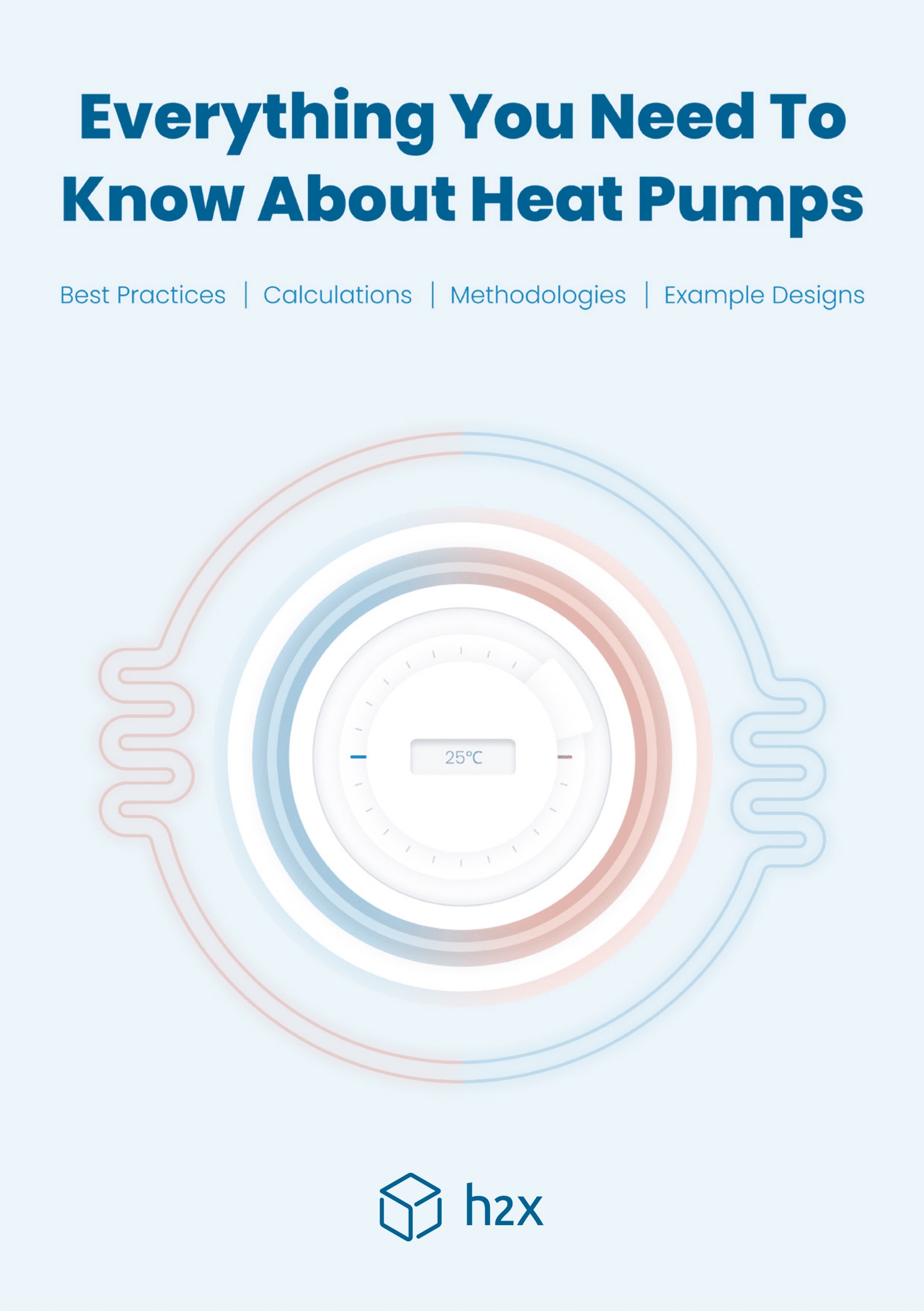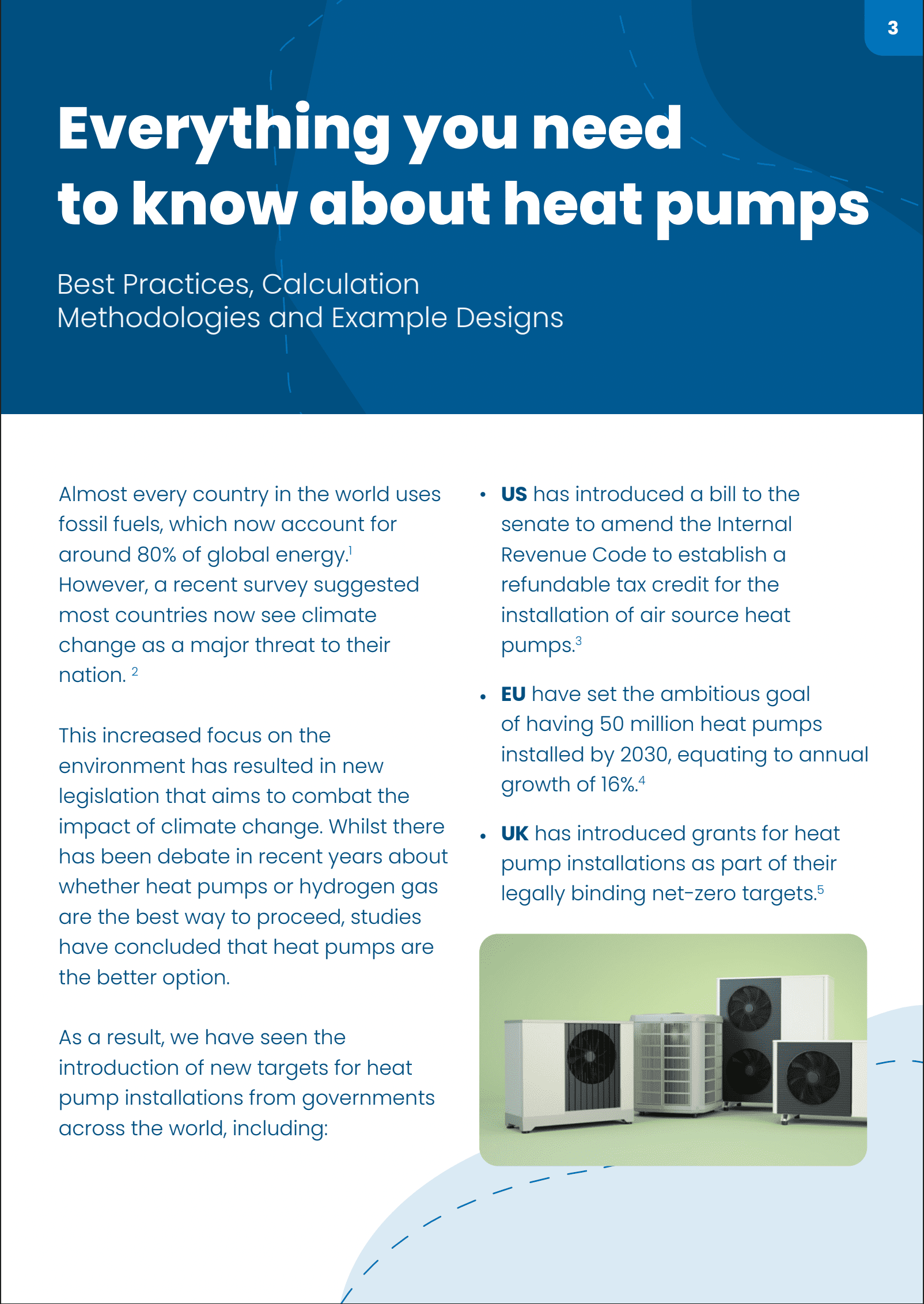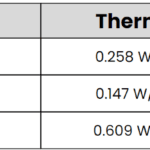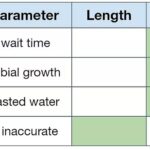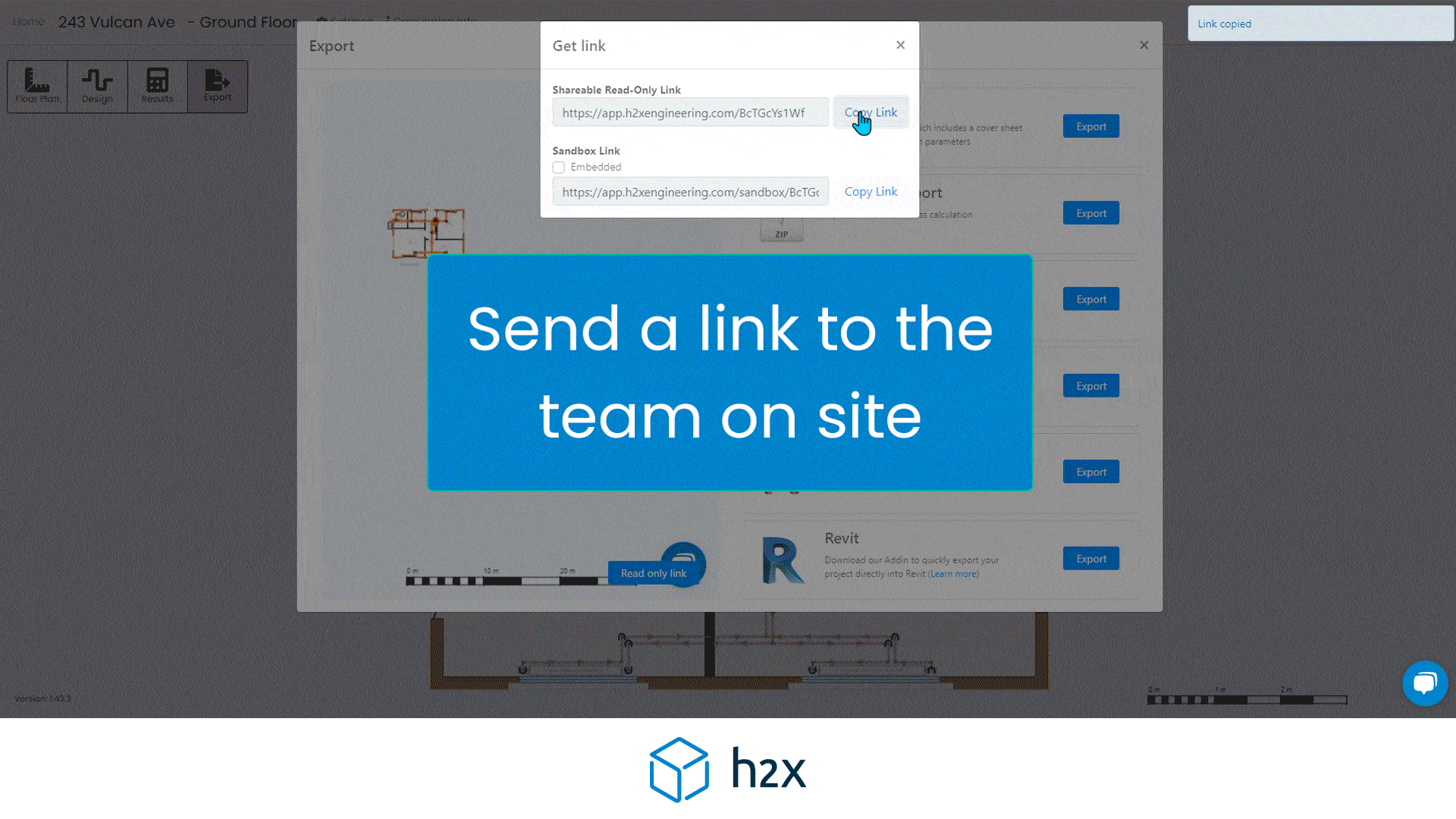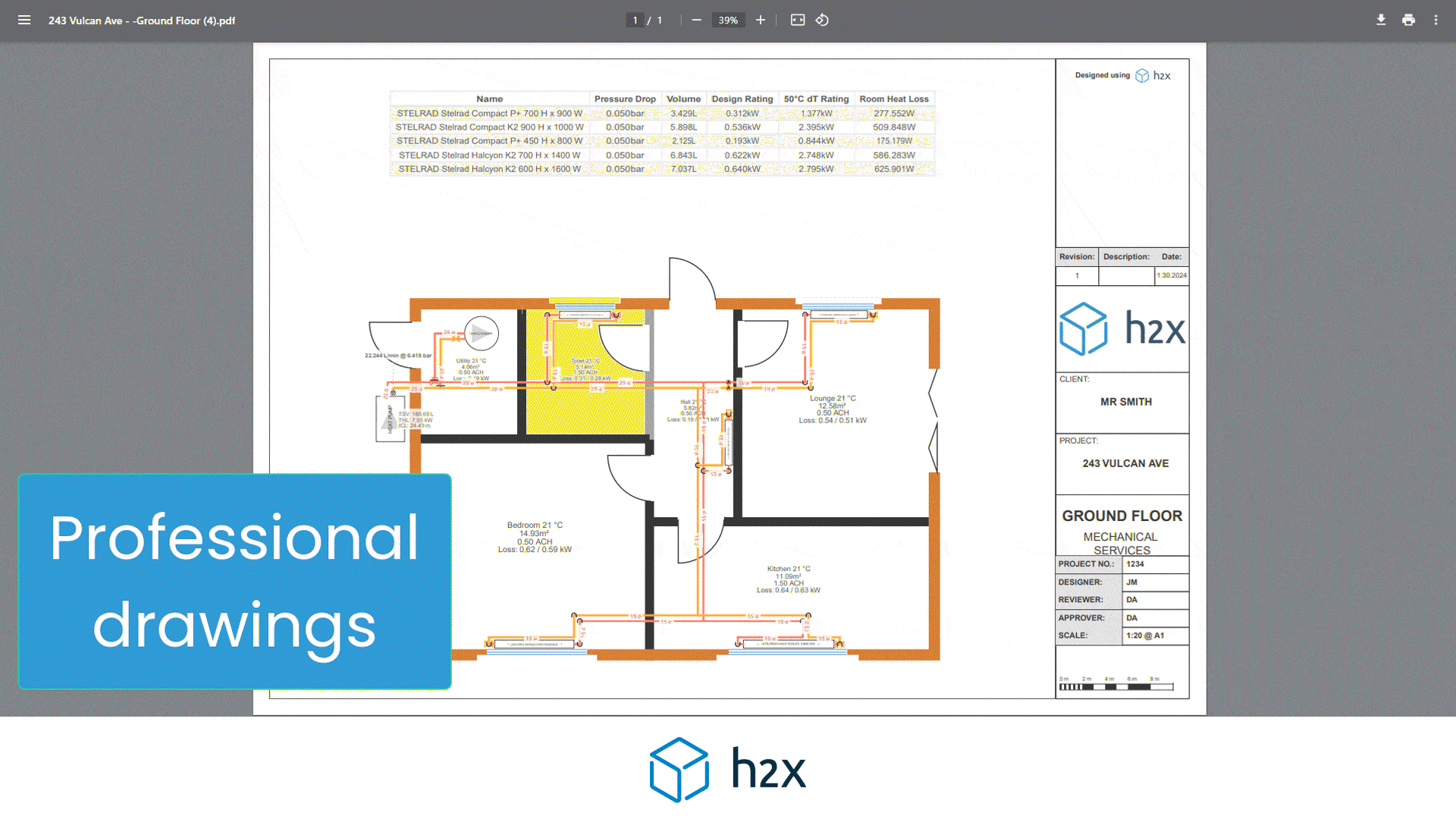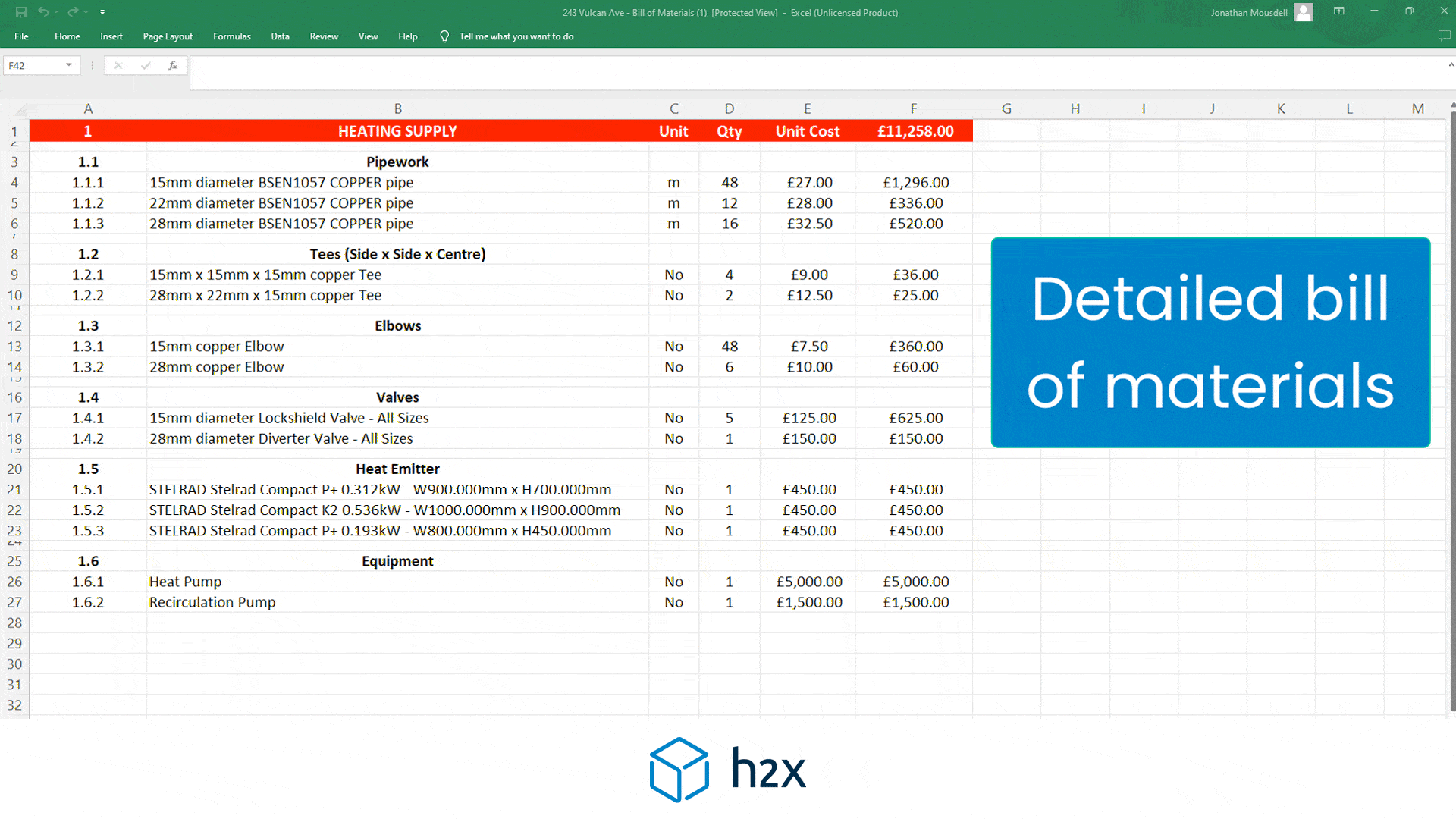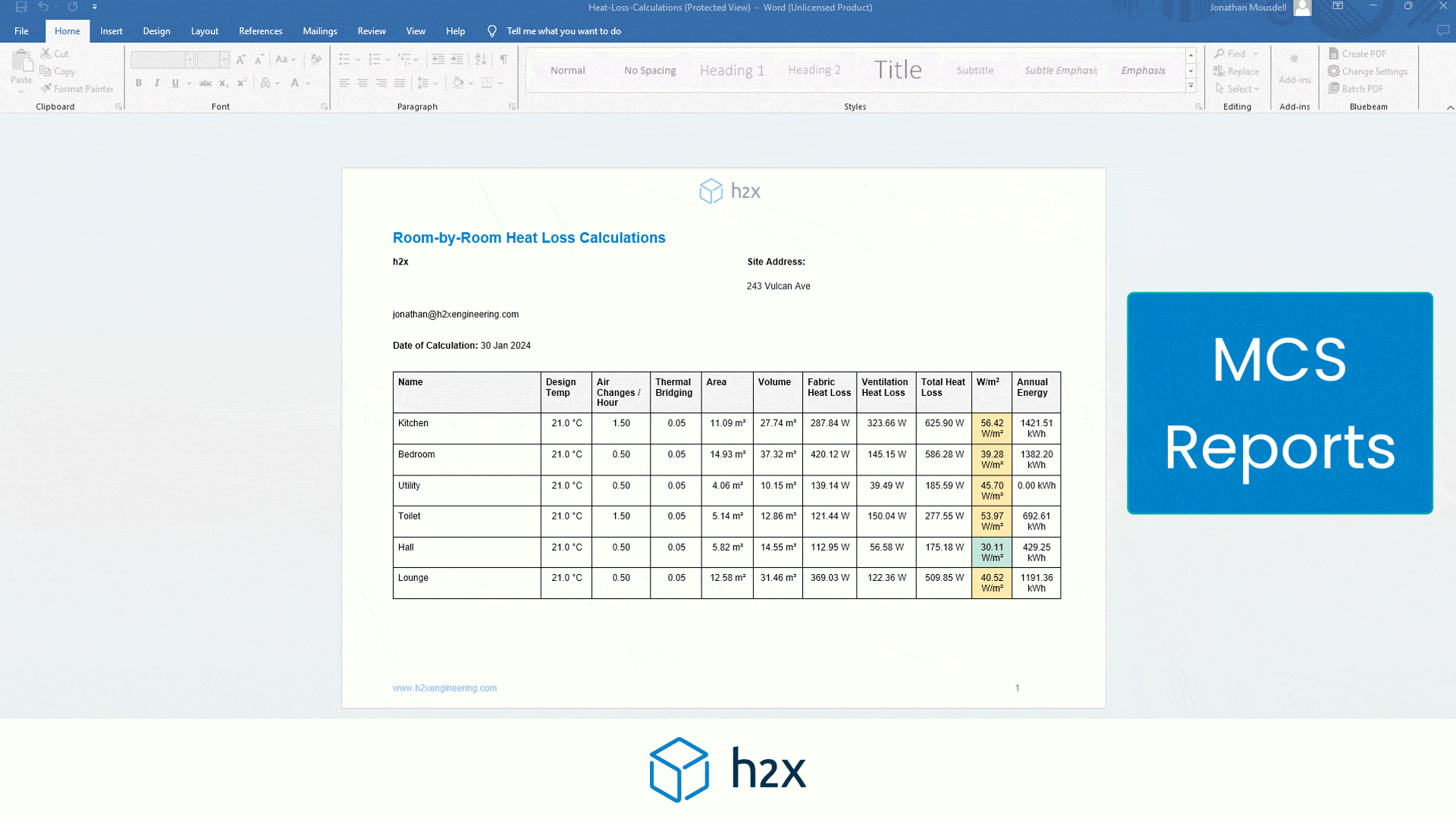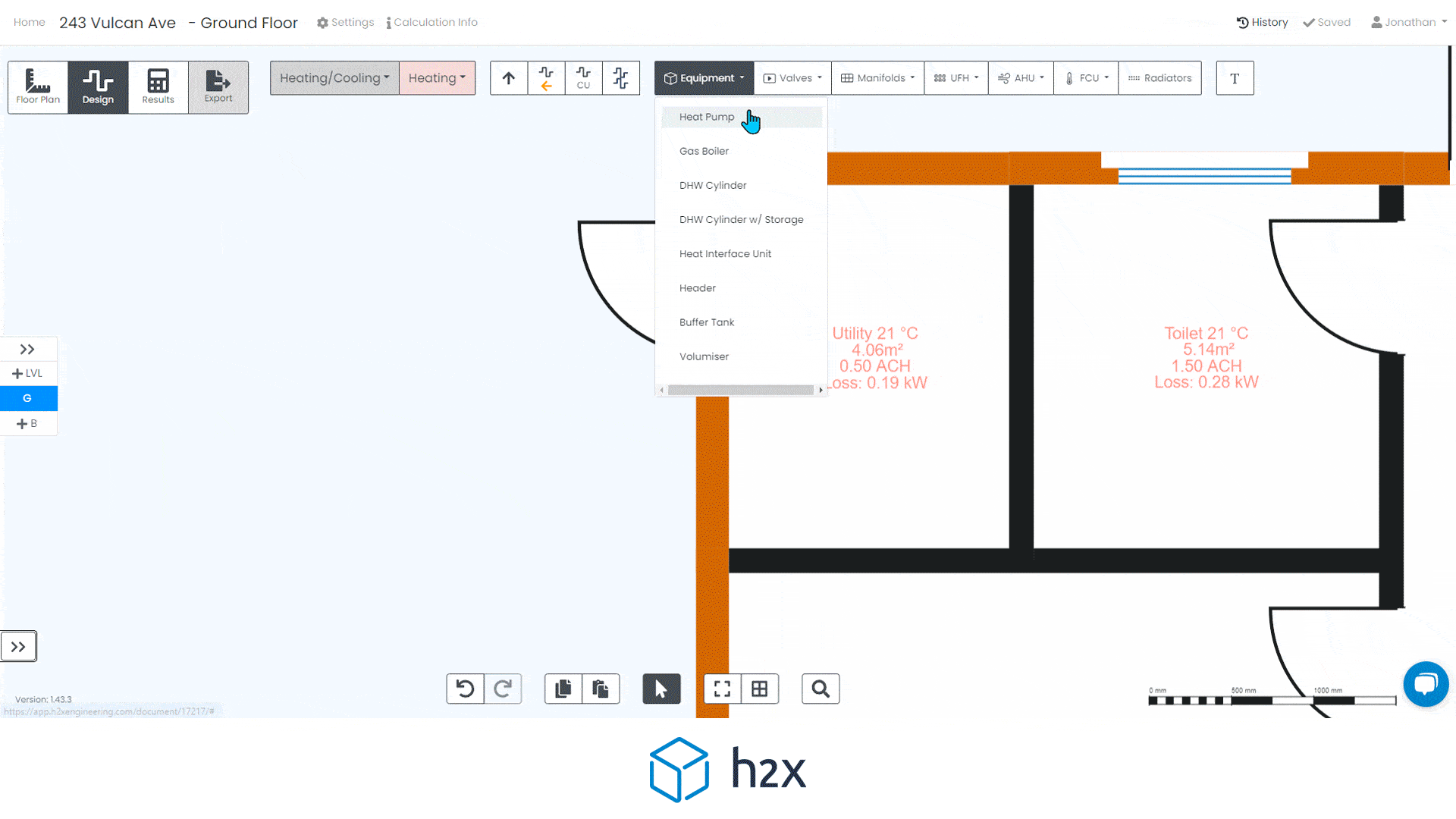
Meeting the Future with the New Build Heat Standard: Scotland’s Blueprint for Energy-Efficient Homes
Learn all about Scotland's New Build Heat Standard: mandating energy-efficient homes with heat pumps. Embracing a greener future!

Amid growing concerns about climate change and the urgent need to reduce carbon emissions, Scotland is mandating heat pumps through its New Build Heat Standard (NBHS).
This initiative aims to transform home heating, promoting energy-efficient and climate-friendly alternatives to decarbonise the country’s housing sector.
Therefore, let’s look into what this standard involves and its implications for the future of home heating in Scotland.
Understanding the New Build Heat Standard
The New Build Heat Standard mandates the shift from fossil fuel-based heating to sustainable alternatives, primarily heat pumps.
This standard prioritises electricity over oil and gas boilers to decrease carbon emissions associated with home heating.
Heat pumps, which extract heat from the air, ground, or water, offer a cleaner and efficient alternative to conventional heating.
Climate-friendly Alternatives
The adoption of heat pump technology leads the NBHS, providing homeowners with an eco-friendly heating solution.
Heat pumps not only reduce fossil fuel reliance, but can also lower energy bills and improve indoor air quality.
Furthermore, as Scotland continues to prioritise sustainability and innovation, the promotion of heat pumps underscores the country’s commitment to combating climate change while fostering economic growth and job creation in the renewable energy sector.
If you haven’t already, feel free to read our blog articles about hybrid heat pumps and cascade heat pumps.
Cascade Heat Pumps.
Building Warrant Requirements
New builds in Scotland must comply with the NBHS, including installing approved heat pump systems, to meet building warrant requirements.
Additionally, these requirements signify a fundamental shift in the construction industry towards sustainable building practices and signify a significant step towards reducing carbon emissions associated with the residential sector.
So by integrating energy-efficient heating systems into the building process, developers and homeowners alike will be contributing to Scotland’s broader efforts to combat climate change and create a more sustainable future for generations to come.
New Build Heat Standard Timeline and Implementation
The NBHS, which will formally apply to new homes and buildings from 1 April 2024 onwards, is being introduced gradually to facilitate effective planning and execution throughout the construction industry.
Initially targeting new homes and buildings, this standard will establish a benchmark for future developments and renovations, driving advancements and investments in eco-friendly heating solutions.
The Scottish government’s commitment to clear timelines and milestones also ensures industry stakeholders are well-informed.
Consultation and Impact Assessments
Before the NBHS implementation, extensive consultations and impact assessments have been conducted to evaluate the standard’s feasibility and potential implications.
Stakeholder input, including industry experts, environmental organisations, and the public, has shaped the policy framework through crucial engagement.
From transparent and collaborative processes, the Scottish government has demonstrated its commitment to inclusive governance and evidence-based policymaking, fostering trust and accountability in the transition towards cleaner, greener homes.
Enforcement and Compliance
Enforcement mechanisms are going to be essential for ensuring widespread compliance with the NBHS.
Building regulations ensure new builds comply with requirements for heat pump installation and energy efficiency, rigorously enforced for adherence.
Therefore, by holding developers and contractors accountable for meeting these standards, the Scottish government can drive industry-wide adoption of sustainable building practices and accelerate the transition to low-carbon heating systems.
Click here to try out our free Heat Loss Calculator to find your heat losses and temperature change of a building.
New Build Heat Standard Exceptions and Exemptions
While the NBHS sets a clear direction towards decarbonising home heating, provisions for exceptions and exemptions have been established to accommodate certain circumstances where heat pump installation may not be feasible or cost-effective.
These exceptions will be assessed individually and carefully, considering building type, location, and technical limitations.
Implications for Homeowners and Buyers
For homeowners and prospective buyers, the NBHS represents an opportunity to invest in energy-efficient homes that are not only more environmentally friendly, but also more cost-effective to run in the long term.
By prioritising heat pump technology, new builds will offer improved comfort and indoor air quality while significantly reducing carbon emissions.
Comparing the Scottish NBHS with UK and European Regulations
Scotland’s NBHS places it at the forefront of global efforts to transition towards cleaner, more sustainable heating systems.
Therefore, by mandating heat pumps in new builds, Scotland is surpassing many regions in its commitment to decarbonising residential areas.
The European Union has ratified plans requiring all new buildings to achieve zero emissions, effective from 2028.
In 2018, the Netherlands banned new homes from connecting to the gas network, signaling a shift towards cleaner energy solutions.
France has implemented regulations banning the inclusion of gas boilers in new buildings from 2023, reducing reliance on fossil fuels.
Also, the Welsh Government is formulating a Heat Strategy that foresees policies aimed at curbing the use of fossil fuel heating in new developments, aligning with broader efforts to promote sustainability and combat climate change.
Preparing for the NBHS: Workforce Skills and Grid Capacity
The successful implementation of the NBHS will require a skilled workforce capable of designing, installing, and maintaining heat pump systems.
Furthermore, to meet this demand, training and programs like h2x will be essential to equip professionals with the necessary expertise.
Additionally, electrical grid upgrades will be necessary to accommodate increased electricity demand as more homes install heat pumps.
By investing in workforce development and grid infrastructure, Scotland can ensure a smooth transition to the NBHS while creating new opportunities for employment and economic growth.
Innovations in Clean Heating Technology
As the NBHS takes effect, ongoing advancements in clean heating technology will play a critical role in driving innovation and improving the efficiency of heat pump systems.
Ongoing research and development aims to boost system performance and reliability, from heating system design enhancements to smart heating controls.
Scotland continues to stay at the forefront of clean energy technology, driving down costs and transitioning to a low-carbon future.

Heat Pump & Heating System Design with h2x
To achieve successful heat pump installations, comprehensive design processes are essential.
Undoubtedly, undersized pumps won’t meet property demands, while oversized ones waste energy.
Nonetheless, h2x Engineering’s software addresses these challenges, empowering engineers to ensure quality and efficiency in a clean heating system.
Ready to experience h2x for yourself? Book your free demo or start your free trial today!
Conclusion For New Build Heat Standard
The implementation of the New Build Heat Standard marks a significant milestone in Scotland’s journey towards a low-carbon future.
While prioritising energy-efficient heating and cooling systems and promoting the widespread adoption of heat pump technology, Scotland is leading the way in decarbonising the residential sector.
The NBHS benefits the environment, cutting carbon emissions, and provides homeowners with a sustainable, cost-effective living option.
Nevertheless, as Scotland continues to innovate and invest in clean heating technology, the NBHS serves as a blueprint for other regions seeking to address the urgent challenges of climate change and build a more sustainable future for all.
Lastly, to learn more about why the NBHS is being introduced, check out this factsheet on the Scottish government website.
New Build Heat Standard FAQs
What is the New Build Heat Standard?
The New Build Heat Standard (NBHS) is a Scottish government initiative dictating that new homes must install climate-friendly heating systems like heat pumps, rather than polluting heating systems, such as oil and gas boilers.
Why is the NBHS important for Scotland?
The NBHS is vital for Scotland, aligning with ambitious climate goals by cutting carbon emissions from homes.
What are the main requirements of the NBHS?
The main requirements of the NBHS include mandating the installation of heat pump systems in new residential buildings.
Therefore, reducing reliance on fossil fuel-based heating systems, such as oil boilers, and promoting energy efficiency.
How will the NBHS affect homeowners and developers?
The NBHS will impact homeowners and developers by requiring the adoption of heat pump technology in new builds.
Though this may involve initial investment, it will offer long-term benefits, such as lower energy bills and reduced carbon emissions.
What support is available for implementing the NBHS?
Support for implementing the NBHS may include guidance and resources from government agencies, financial incentives or grants for heat pump installation, and training programs for professionals in the construction and heating industries.
Are there any exemptions or exceptions to the NBHS?
While the NBHS mandates heat pump installation in new builds, exemptions may apply based on building types and locations.
How does the NBHS compare to other heating regulations in the UK and Europe?
Compared to other heating regulations in the UK and Europe, the NBHS sets a higher standard by specifically targeting home heating and mandating the use of heat pump technology.
Therefore, demonstrating Scotland’s leadership in decarbonising the residential sector.
What is the role of heat pump technology in meeting the NBHS requirements?
Heat pump technology plays a vital role in meeting the requirements of the NBHS.
Overall, they provide a clean, efficient, and renewable alternative to traditional fossil fuel-based heating systems.
How can I prepare for the transition to the NBHS?
Homeowners and developers can prepare for the transition to the NBHS by familiarising themselves with the requirements.
Additionally, they can explore options for heat pump installation, as well as seek guidance and support from relevant authorities and industry stakeholders.
What are the potential benefits of the NBHS for Scotland’s economy and environment?
The NBHS offers potential benefits for Scotland’s economy and environment, including:
- Firstly, job creation in the renewable energy sector.
- Secondly, reduced energy bills for homeowners.
- Thirdly, improved air quality.
- And lastly, progress towards climate goals by reducing carbon emissions from the residential sector.
h2x: All-In-One Tool for Calculating, Designing, Estimating, and Paperwork

What's in the Pipeline?
Get technical resources delivered to your inbox weekly!
Testimonials
What Installers Say
What Consultants Say
A game changer for the humble plumber. Incredible.
Brad Winkel
Director at Queenstown Plumbing
Brilliant, simple and easy to use. Game changer.
James Major
Director at Hubb
Big time game changer to the industry!
Viv Jude
Director at UHC
Incredible software! Super user-friendly and allows you to save so much time.
Devni Gamage
Engineer at DMA
h2x is great software, our company use it nearly every day. It is easy to use with direct conversion from h2x to Revit.
Callum Craig
Engineer at WDE
h2x is fantastic software. It is very easy to use and the ability to output to Revit is a fantastic time saver.
Joe Kirrane
Engineer at MEP


